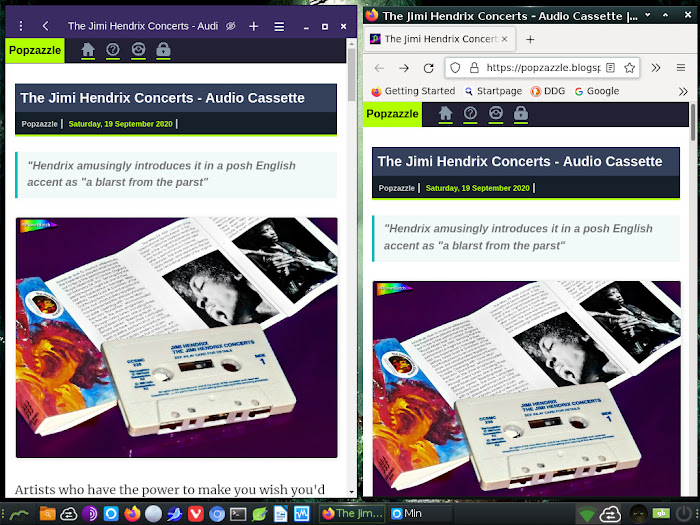If that's true, we're now unavoidably heading for a full-on AI wipeout, in which there is no incentive for humans to provide any non-commercial information or valuable imagery, and everything henceforth is just a rehash of pre-existing material.
As the Disgruntled Souls of Twitter were stressing enthusiastically over which scroll-zombified, digital-credit-scoring, transactional labour-mill they'd allow to waste their lives next, a neighbouring Silicon Villain was releasing a new toy. And oh, did the public want to play with it!
The product? ChatGPT. A chatbot whose friendly verbal spewings have already become internet-famous.
Actually, this flagship release from OpenAI is considerably more than a toy. Conceptually, the supercharged chatbot is really just the prodigy lovechild of Wolfram Alpha and Mitsuku. But it's phenomenally sophisticated, and the number of people its legacy could render workless is truly frightening.



